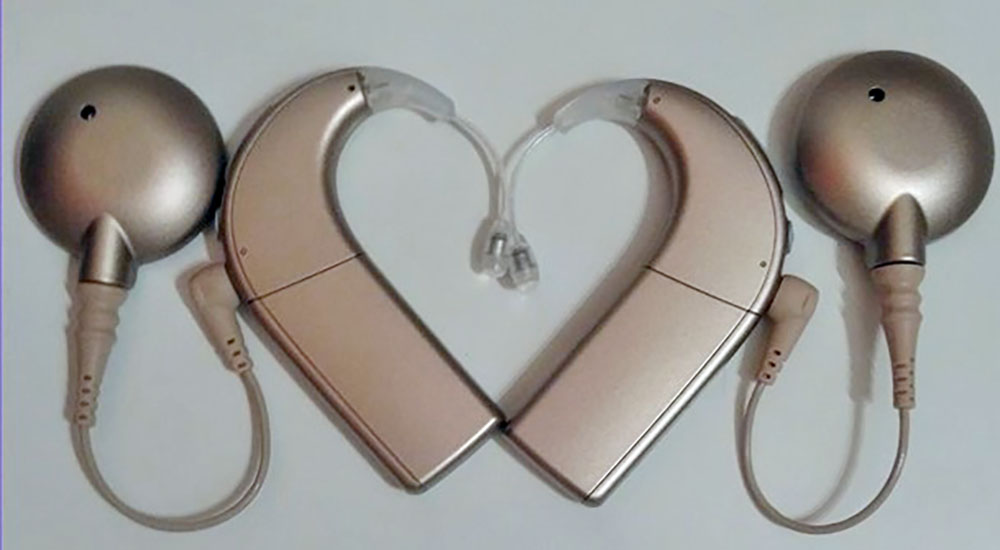Over 37 million American adults suffer hearing loss, and more than half of those are over the age of 75. James Flaherty, 78, is no longer one of them.
In 1964, Vietnam Veteran Flaherty suffered sensorineural hearing loss after being exposed to the constant sounds of M2 Browning machine guns and airplanes soaring overhead. For over 50 years, he struggled to understand the world around him and was often mocked for his condition.
“Hearing is a disability that people constantly criticize because you may hear one thing and not the other, and people will say you are only hearing what you want to hear,” said Flaherty.
In 2021, Flaherty underwent the first of two operations to repair his hearing. He received cochlear implants, a device like a hearing aid but bypasses damaged hair cells in the ear and sends electric signals directly to the brain.
Majority of patients see significant improvement
Dr. Stacy Sturgulewski is Hines VA’s cochlear implant program coordinator and helped Flaherty and other Veterans receive the treatment at no cost through her department.
“The job of a cochlear implant is to take the place of the sensory cells of the inner ear that are responsible for detection and understanding. A cochlear implant is recommended for patients who experience a significant amount of difficulty understanding speech while using hearing aids,” Sturgulewski said.
An overwhelming majority of patients see significant improvement in their ability to communicate and quality of life.
“Before receiving cochlear implants, I was testing out with 70-percent hearing in my right ear and 30 hearing in my left ear,” said Flaherty. “Because of my cochlear implants, I am getting closer to being able to hear equally in both ears.”
Following his surgeries, Flaherty is rediscovering a world many hearing-abled people may take for granted, including hearing the turn signal in his vehicle and the rumble of his lawn mower, which he described as among the first things he could hear clearly.
“When you get cochlear implants after 50 years, you have to learn a lot of new words and sounds,” said Flaherty. “Thanks to my surgeon and the excellent staff at Hines, I am improving daily.”
Topics in this story
Link Disclaimer
This page includes links to other websites outside our control and jurisdiction. VA is not responsible for the privacy practices or the content of non-VA Web sites. We encourage you to review the privacy policy or terms and conditions of those sites to fully understand what information is collected and how it is used.
More Stories
Study underscores important role COVID vaccination can have in protecting Veterans from infection and reducing long-term health consequences
Columbia VA’s robotic surgery teams completed their 800th robotic surgery and are on schedule to hit 1,000 by the end of the year.
In a decentralized clinical trial, Veterans can participate from their own homes or local VA instead of having to travel to a research site.







This could be me for the future.